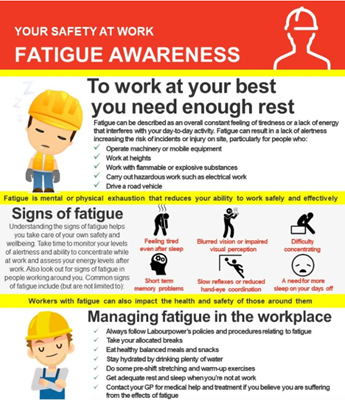September Is Fall Safety Awareness Month
Strategies for a Healthy Fall
Fall can be an enjoyable time of the year, and it’s also a good time to be mindful of how you can maintain a healthy lifestyle. In fact, the Centers for Disease Control and Prevention (CDC) recognizes September as “Fall Safety Awareness Month” – an opportunity to learn about strategies that help prevent chronic diseases and sustain a healthy lifestyle. NYCHA’s Environmental Health and Safety Department would like to share the following recommendations from the CDC on ways you and your family can live a healthy life:
- Get your COVID-19 and flu shots: These vaccines offer the best protection against serious illness and hospitalization.
- Wash your hands: Washing your hands with soap and clean running water can prevent the spread of germs.
- Get your screenings: Visit your doctor and dentist for preventive services and regular checkups.
- Brush your teeth: Brush twice a day with a fluoride toothpaste.
- Get adequate sleep: Aim to get at least seven hours of sleep per night.
- Drink wisely: Substitute water for sugary or alcoholic drinks to reduce calories and stay safe.
- Eat healthy: Focus on fruits, vegetables, whole grains, lean meats, and low-fat dairy products.
- Move more, sit less: Adults need at least 150 minutes of moderate-intensity aerobic activity every week.
Drive safely and get adequate sleep
When summer turns into fall and the days get shorter, driving can be compromised by the adjustment to darkness and fatigue, according to the National Safety Council. Night driving is often dangerous because, even with high-beam headlights on, visibility is limited to about 500 feet, creating less time to react to something in the road. Here are some ways you can combat night driving:
- Aim your headlights correctly and make sure they are clean;
- Dim your dashboard;
- Look away from oncoming lights;
- Clean the windshield to eliminate streaks; and
- Slow down to compensate for limited visibility and reduced stopping time.
Fatigue and lack of sleep can also be an issue when someone gets behind the wheel. Here are some fatigue prevention tips from the National Sleep Foundation that will help ensure safe travels:
- Get at least seven hours of sleep a night.
- Don’t drive if you’ve been awake for 16 hours or more.
- Stop every two hours to rest.
- Pull over and take a nap if you’re drowsy.
- Travel during times you are normally awake.

If you have questions about this or any environmental health and safety matter, please email ehs@nycha.nyc.gov. Residents, employees, and any member of the public submit environmental health and safety concerns at on.nyc.gov/submit-concern.
For more information on strategies for a healthy fall, please visit:
- Autumn Safety Home – National Safety Council (nsc.org)
- Chronic Disease Fact Sheets | CDC
- CDC’s Division for Heart Disease and Stroke Prevention
- National Diabetes Prevention Program | Diabetes | CDC
- NYC Health – Heart Disease
- NYC Health – Cancer Prevention
- NYC Health – Diabetes
- Drowsy Driving Prevention Week® – National Sleep Foundation (thensf.org)







